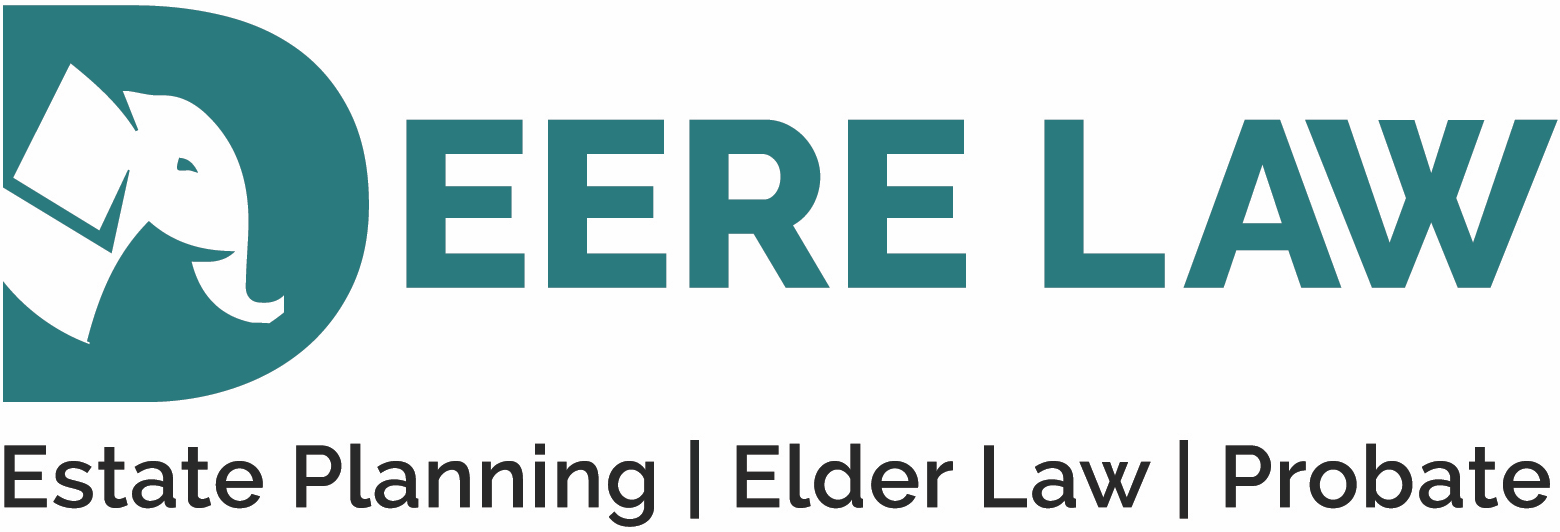Wills, Trusts, & Estate Planning
If you do not yet have an estate plan in place, there is no time like the present to get started. When you think of estate planning, you likely focus on the distribution of your estate assets after you are gone; however, you might be surprised to learn about the numerous additional goals you can achieve with a comprehensive estate plan. At Deere Law Firm we can help you create an estate plan that helps you protect both your assets and your family. Contact the Deere Law Firm today for more information about estate planning. Call our firm at (561) 515-4376 to request an initial consultation.
Estate Planning Cases We Handle
TRUSTS
A trust is an agreement, often used to give one person the right to hold property for another person. One type of trust is called a Living Trust or Revocable Trust. It is a legal document that not only distributes all your assets after you’re gone without probate, but also allows you to appoint someone to handle your financial affairs if you become disabled.
WILLS
Wills are used to ensure a person's wishes are followed after death usually by going to probate court. Those wishes may include where they are buried, who receives items from their estate, and who will be the guardian for their minor children.
SPECIAL NEEDS PLANNING
Planning for special needs is important for anyone who has a disability, or who has a family member with a disability who will need long-term or ongoing care. This type of planning protects everyone involved, to help ensure that a disabled person's needs are met, their government benefits will not be affected, and they have the financial and legal protection they need.
ASSET PROTECTION PLANNING
Organizing assets for maximum creditor protection, as well as protection from long-term care costs and Medicaid recovery can be very important. Work with an experienced attorney who can handle various types of assets for your family.
Why Do I Need An Estate Plan?
A common misperception surrounding estate planning is that an estate plan is not necessary unless you are wealthy. While estate planning does become more important as your wealth grows, you do not need to own significant assets to benefit from estate planning. In fact, everyone should have a basic estate plan in place to ensure that the assets they do own will be handled according to their wishes if something happens to them. If you die without at least a simple estate plan, you leave behind an “intestate” estate. In essence, this allows the state to decide what happens to your estate assets, including family heirlooms and other assets that may not have significant monetary value, but that have tremendous sentimental value.
Moreover, an estate plan can also help grow assets and plan for retirement as well as protect you while you are here and your loved ones after you are gone. Careful estate planning, for example, can preserve assets during your lifetime and minimize your estate’s exposure to gift and estate taxes after your death, allowing more assets to be passed down to beneficiaries. That same plan can ensure that your wishes will be honored if you are unable to make decisions yourself at the end of your life or to express your wishes during your lifetime because you are incapacitated.
Finally, the cost of creating and maintaining your estate plan will pale in comparison to what it could cost you and the people you care about if something happens to you without a plan in place. For example, family members could end up in a costly and acrimonious court battle if you become incapacitated, and it is unclear who you want to take over your estate and/or make decisions for you. Your estate could also lose a considerable amount of money to estate taxes and probate costs if you die intestate. Worst of all, your input regarding highly personal issues such as who will be the guardian for your minor children or who should make medical treatment decisions for you will not be considered if you failed to make your choices clear an estate plan.
What Should Be In My Estate Plan?
Because your estate plan will be uniquely tailored to fit your needs and objectives, it will not be the same as any other plan. There are, however, some common components that you may include in your estate plan, such as:
Asset Distribution (accomplished with a Last Will and Testament and/or trust agreement)
- Incapacity Planning
- Asset Protection
- Business Succession Planning
- Long-Term Care Planning
- Probate Avoidance
- Special Needs Planning
- Retirement Planning
- Pet Planning
- Tax Avoidance
- Medicaid Planning
Helping You Plan For Your Future
At the Deere Law Firm, we provide wills, trusts, estate planning, and probate services tailored for today’s digital age. We partner with you to create customized and thorough estate plans to protect you, your assets, and your loved ones.
If you have additional questions about estate planning, probate, or trust administration, contact the experienced West Palm Beach estate planning attorneys at Deere Law Firm by calling (561) 515-4376 or by filling out our online contact form.
QUICK LINKS
CONTACT INFORMATION
Phone: (561) 515-4376
Email: info@deere-law.com
Location: 1555 Palm Beach Lakes Blvd, Suite 920 West Palm Beach, FL 33401
Business Hours:
9 am to 6 pm - By Appointment Only





